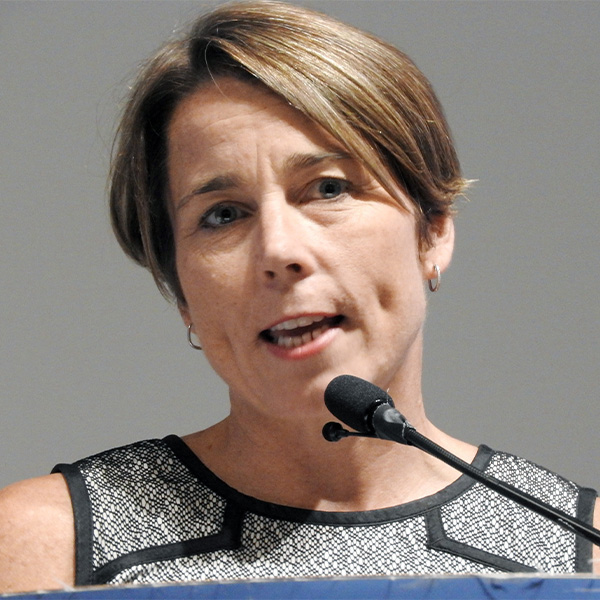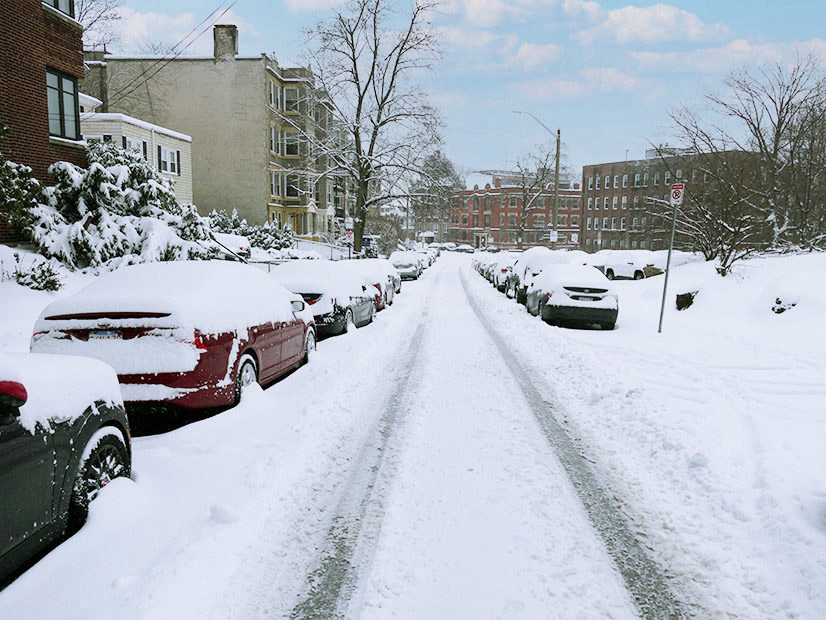ISO-NE will start 2023 like it starts every year: worrying about the winter weather.
But from there, the New England grid operator will have to move on quickly to the longer-term concerns that will dominate the year, including imminent challenges with gas supply in the region and the complex project to update the way ISO-NE’s capacity market measures resource adequacy.
And the organization will be doing all that while facing tough questions and challenges, from new faces leading the states to a little closer to home, where an upstart group of climate activists has carved out a piece of the grid operator for its own.
Winter, Winter, Winter
In the first few months of 2023, grid officials will be closely watching the winter weather for extended cold spells that could spell danger for the region’s energy supply. So far, both weather and future forecasts have been mild, the only blip a brief shortage on Christmas Eve that was handled by reserve resources.
 ISO-NE’s work plan for 2023 | ISO-NE
ISO-NE’s work plan for 2023 | ISO-NE
ISO-NE will be using a newly updated (and beautified) 21-day energy forecast, a tool that helps it and the public understand what risk lies in the coming weeks.
In the longer term though, the forecasts and solutions aren’t proving so neat.
Both outside experts and the RTO itself say that the Everett LNG facility north of Boston has to stay in operation in order to ensure that there’s enough gas to send out to generators in the region and keep the lights on in winter. (See ISO-NE: Reliability Still Depends on Mass. LNG Import Terminal.)
But the end of the reliability-must-run agreement keeping that facility’s “anchor tenant,” the Mystic Generating Station, alive has caused immense worry among energy policymakers.
“The clock that’s running is going to force us into another set of stopgap solutions,” ISO-NE CEO Gordon van Welie said at a recent conference put on by the New England Power Generators Association. “I don’t think we can design the elegant, long-term resource neutral solutions in a timely fashion to deal with the clock that’s running on Everett right now.”
With the Mystic contract ending in 2024, much of the New England energy world’s focus in 2023 will be on sorting out those solutions.
Capacity Accreditation, and Beyond
Meanwhile, in the NEPOOL stakeholder process undergirding ISO-NE’s policy decisions, there’s a debate underway about capacity accreditation that will burst into full bloom in 2023.
In the RTO’s own words, the project is designed to “identify and implement methodologies that will more accurately reflect resource contributions to resource adequacy in the Forward Capacity Market.”
More broadly, it’s a key part of the region’s energy transition: As more renewable resources come onto the grid, ISO-NE needs a better way to fairly measure the contributions of both them and the incumbent generators like natural gas plants.
But it’s also a highly complex process that has and will continue to strain the capabilities of even the most experienced energy policymakers in NEPOOL (let alone the journalists tasked with translating it to their readers).
In its early work on the concept, ISO-NE has pushed forward with using a metric that sets a resource’s accredited capacity based on the “marginal reliability impact of an incremental change in size.” (See ISO-NE Firms up its Support for Marginal Capacity Accreditation.)
Its preliminary proposals have already earned pushback from stakeholders including the Natural Resources Defense Council and LS Power, who are worried, respectively, that it undervalues the contributions of clean energy resources and doesn’t adequately account for the limitations of gas resources.
Much more of that debate is set to come in 2023, along with other key projects like developing a day-ahead ancillary services market and studies to examine 2050 transmission needs and the impacts of extreme weather.
Healey to the Fore
 New Massachusetts Gov. Maura Healey could be a thorn in ISO-NE’s side. | © RTO Insider LLC
New Massachusetts Gov. Maura Healey could be a thorn in ISO-NE’s side. | © RTO Insider LLC
ISO-NE’s relationship with the New England states has been strained in recent years over disagreements about the speed and degree of the clean energy transition and responsibility for the region’s failings.
That’s not likely to change in 2023, but there is a new variable that could shake up the relationship further: Maura Healey.
The former Massachusetts attorney general was elected governor and is set to be sworn in as Charlie Baker’s replacement on Thursday. She’s likely to continue and build on what was, in the end, a fairly robust set of climate policies put forward by Baker. (See Healey Focuses on Climate in Mass. Gubernatorial Race.)
One area to watch where Baker took criticism was on environmental justice and project siting. But she also could take aim at ISO-NE. As AG, Healey and her office spent lots of time and energy navigating the NEPOOL process and helping to organize consumer advocacy responses to ISO-NE’s work.
And significantly, her chief energy aide as AG, Rebecca Tepper, is coming on to join her in the governor’s office as secretary of energy and environmental affairs.
Tepper has been a regular thorn in the side of ISO-NE and regularly pushed it to collaborate more with the states.
The Call is Coming from Inside the House
2023 will be a year when climate activists, for the first time ever, have control of a small piece of ISO-NE.
A group led by the group No Coal No Gas won election to several seats on the coordinating committee of the Consumer Liaison Group, a forum that ISO-NE is required to use for communicating with the public. (See Climate Activists Take Over Small Piece of ISO-NE.)
CLG holds no formal policymaking power, but the committee sets agendas for its four quarterly meetings, which have become increasingly high-profile and well attended.
In 2023, those meetings will look a bit different than they have in the past, with the group promising to focus on connecting the issues that ISO-NE works on more closely to ratepayers (and potentially even pushing for a name change for the group).
“It will now be much harder for ISO New England to keep the CLG from getting feisty,” said Donald Kreis, New Hampshire’s consumer advocate.



